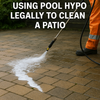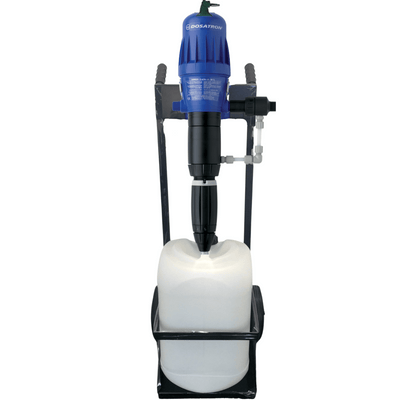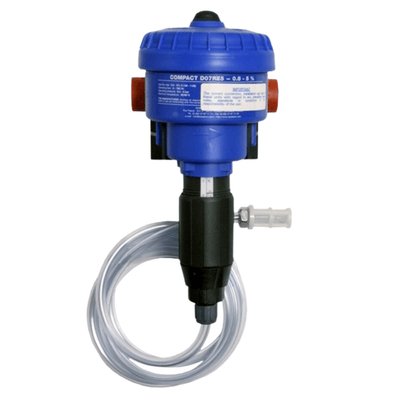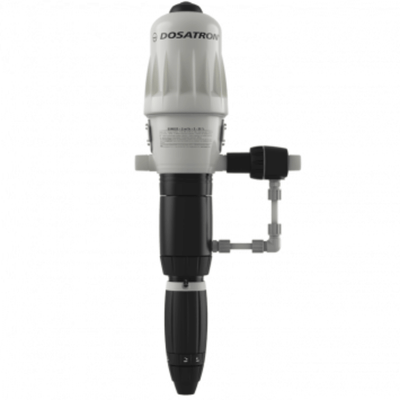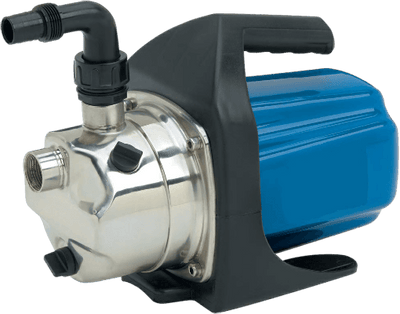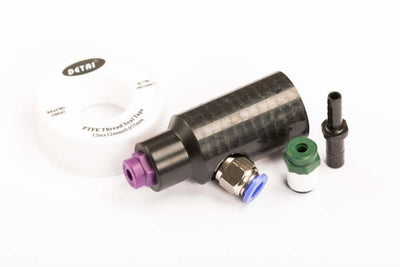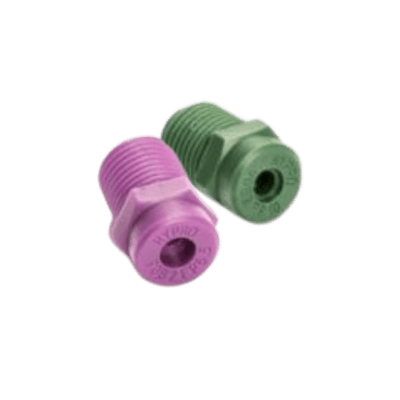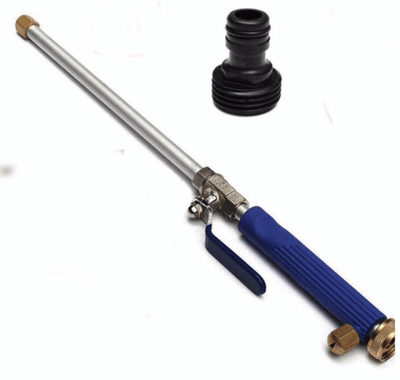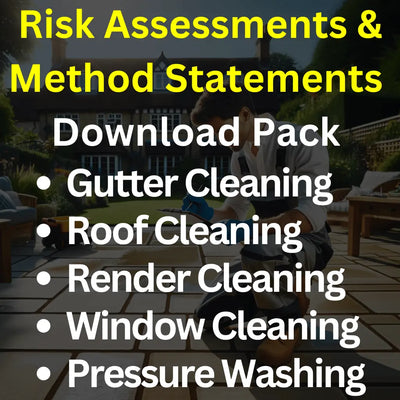Managing Runoff in Softwashing: Best Practices for Commercial Contractors

For exterior cleaning professionals, particularly those involved in commercial roof cleaning, managing runoff when using sodium hypochlorite (SH) is one of the most practical and misunderstood aspects of the job. Whether you’re just starting out in the softwashing industry or looking to ensure your business operates professionally and responsibly, this topic deserves serious attention.
At SoftWash UK, we’ve trained hundreds of contractors through our Soft Washing Training Course, and one of the most frequent concerns we hear from trainees is: “How do I contain runoff and stay compliant with environmental expectations?”
The Chemistry Behind It
Sodium hypochlorite, when used correctly, is one of the most effective cleaning agents available for removing organic contaminants like algae, moss, and lichen. Crucially, it also breaks down rapidly upon contact with organic matter into salt and water. This chemical reaction is a form of oxidisation and typically renders SH inert within 30 to 60 minutes of application, especially when aided by exposure to organic material, light, and water.
That’s why in the vast majority of routine residential or commercial softwash jobs, runoff is not only minimal but chemically neutral by the time it reaches soil or drainage.
What About the Law?
Here’s where things get a bit grey.
The current legal framework in the UK doesn’t specifically regulate softwash runoff in the way it does for car washes or commercial vehicle cleaning industries that often deal with oils, hydrocarbons, and detergents. Still, this doesn’t mean we should take it lightly.
From a duty of care perspective and for the longevity of your business it’s important to demonstrate due diligence. This means showing that you’re aware of the risks, have a strategy to manage them, and are documenting your process through risk assessments and site-specific RAMS (Risk Assessment and Method Statement) packs.
Real-World Containment Methods
While 100% containment is rarely practical or necessary, there are several field-tested methods that professionals use to control and responsibly manage runoff:
- Downpipe Blockers: Inflatable pipe plugs or foam balls can be inserted into downpipes to temporarily block drainage and allow for manual extraction of liquid.
- Wet Vac Systems: Once contained at the gutter or downpipe, a wet vac can be used to collect the liquid and transfer it safely to grey waste systems.
- Flexible Hose Diversions: For added control, some contractors disconnect downpipes and divert runoff using fire hose-style piping to an approved drainage area.
- Pre-Wetting Surroundings: Watering nearby soil, flower beds, or turf helps neutralise any accidental overspray and prevents plant damage.
- Using Surfactants: Quality surfactants such as Clever Wash not only help the chemical cling to the surface but also significantly reduce runoff by slowing the flow of liquid.
Most importantly, rinse thoroughly with water after dwell time. Even tap water accelerates the neutralisation of SH, helping ensure that by the time any solution reaches ground level, it is no longer active.
Professionalism is Your Best Defence
There are softwashers out there letting everything go straight into storm drains without a second thought. But as an industry, we should aim higher. Being seen to do the right thing is not only smart business it’s what will differentiate true professionals from fly-by-nights.
Document your process. Carry spill kits. Take photos. Include containment strategies in your RAMS. If an agent from the Environment Agency or local council happens to drive by, you’ll be in a far better position to show you’re operating responsibly.
Want to Learn More?
If you’re serious about building a career in softwashing or adding it as a high-value service to your existing exterior cleaning business then understanding the science, safety, and systems behind proper chemical handling is essential.
Our Soft Washing Training Course at SoftWash UK is fully CPD-accredited and packed with the real-world knowledge contractors need to get started or take their service to the next level.
From chemical mixing and dilution ratios to runoff control and legal considerations, we cover everything you need to stay safe, compliant, and effective. Whether you’re operating solo or scaling up a team, this training will give you the edge and the confidence you need.
















